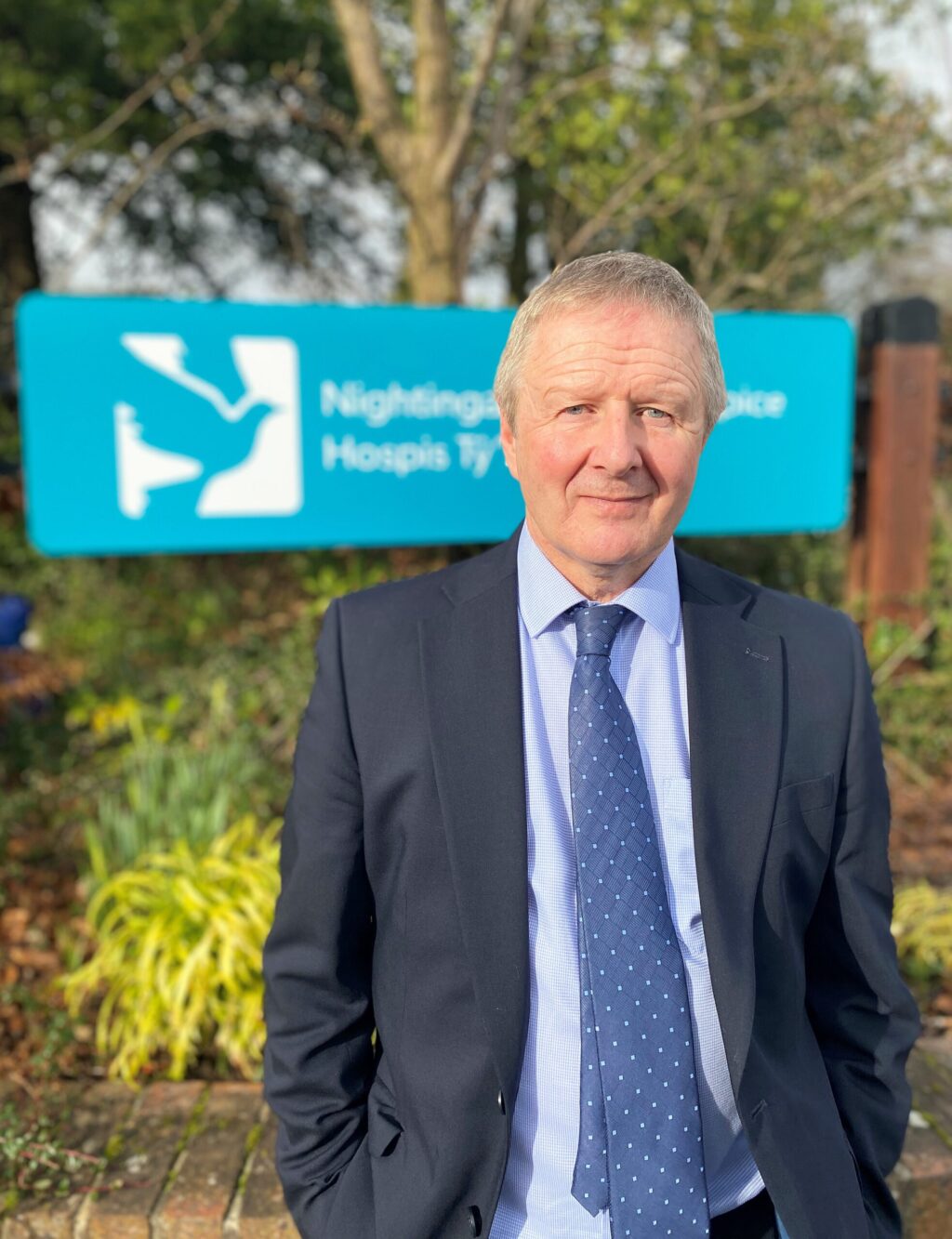‘We just want a level playing field’ – Hospice chiefs unite to call for funding increase

HOSPICES in North Wales continue to receive less than half of the funding awarded to counterparts in the south of the country.
St David’s Hospice in Llandudno, St Kentigern Hospice, St Asaph, and Wrexham-based Nightingale House Hospice are only given 16% towards the cost of running their services every year.
That leaves them to secure the other 84% – which equates to millions of pounds – through public donations and fundraising.
In comparison, hospices in South Wales collect between 30-40% annually from their relevant health boards, as do those in England.
The three North Wales hospices have requested a contribution of 30% towards their clinical costs to ensure they can continue to operate.
St David’s Hospice Chief Executive Trystan Pritchard says hospices in North Wales have been “chronically underfunded” for too long, and with hospitals no longer offering respite care or dedicated specialist palliative care beds the pressure is solely on hospices to provide these services.
“We don’t want more than anyone else and are not asking for special treatment, we just want a level playing field for hospices in this region – that should not be too much to ask,” said Mr Pritchard.
“Our standards of care are as good as anywhere else in the UK; we provide a first-class service and the patients and families in North Wales deserve better.
“Given that a hospice bed costs £600 a night, and just £100 of that is paid for by the health board, a 30% contribution is a fair compromise.”
The hospices’ campaign for equal funding follows a drive last summer to access emergency cash following the onset of the COVID-19 pandemic and a subsequent decline in revenue, as charity shops were forced to close and fundraising events were cancelled.
Steve Parry, Chief Executive of Nightingale House (pictured) believes there has been a long overdue need for consistency of statutory funding across the hospice sector in Wales.
“Statutory funding provides the financial base hospices need to develop and sustain patient services for the community they serve,” he said.
“The financial pressure brought on by the Covid pandemic has further exposed the increasing need for an equitable funding base. The Health Board cannot keep ignoring this issue, it is not going to go away.”




